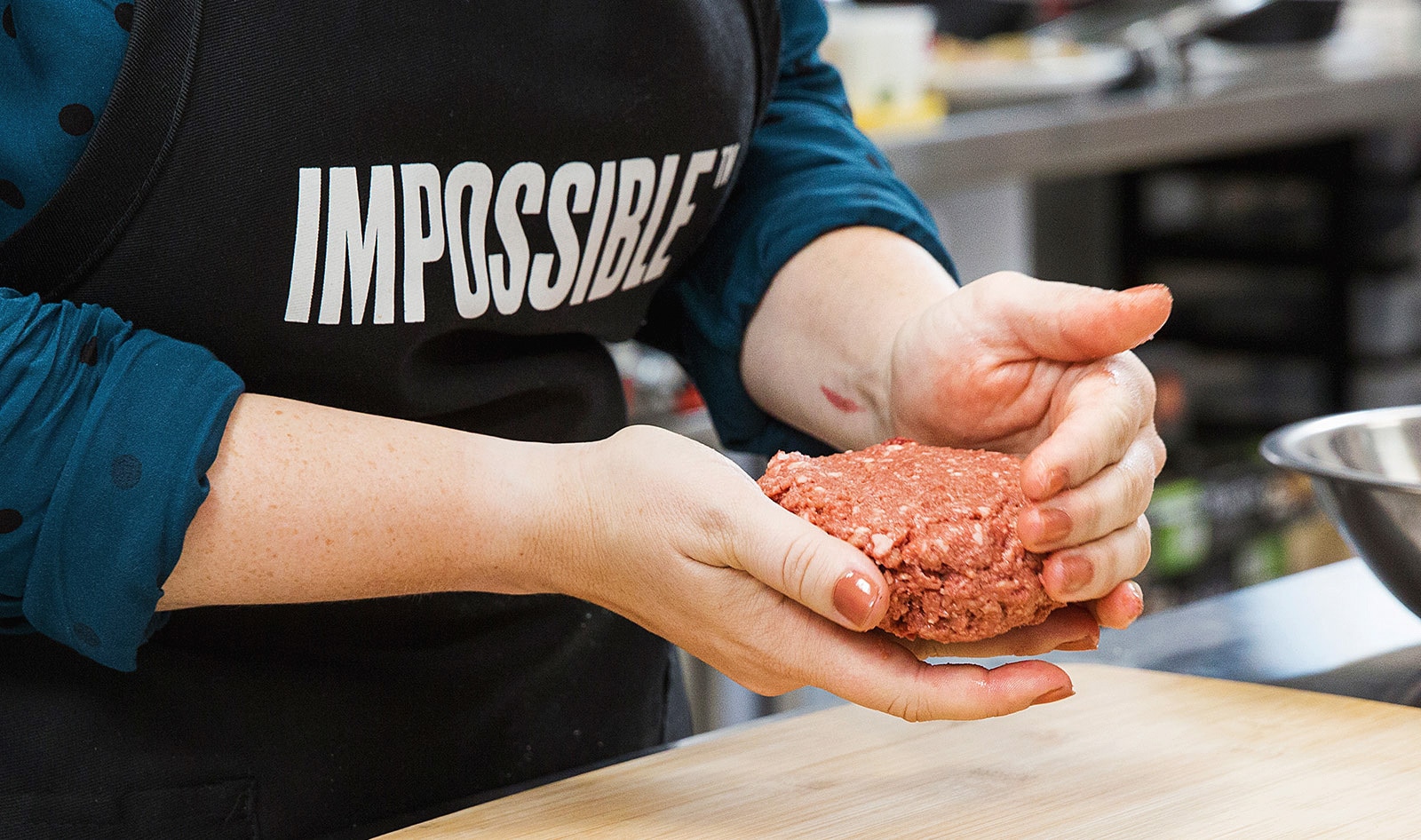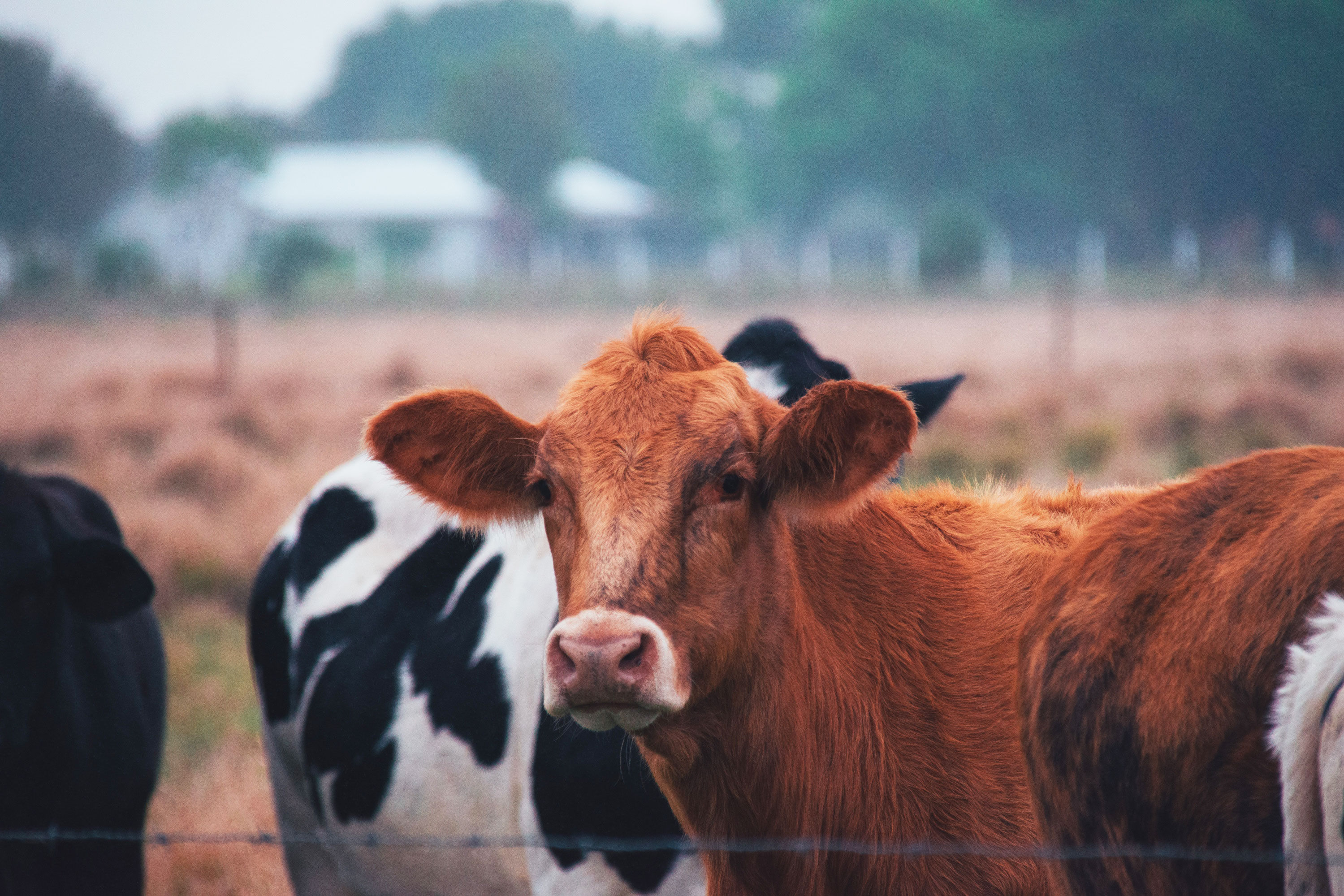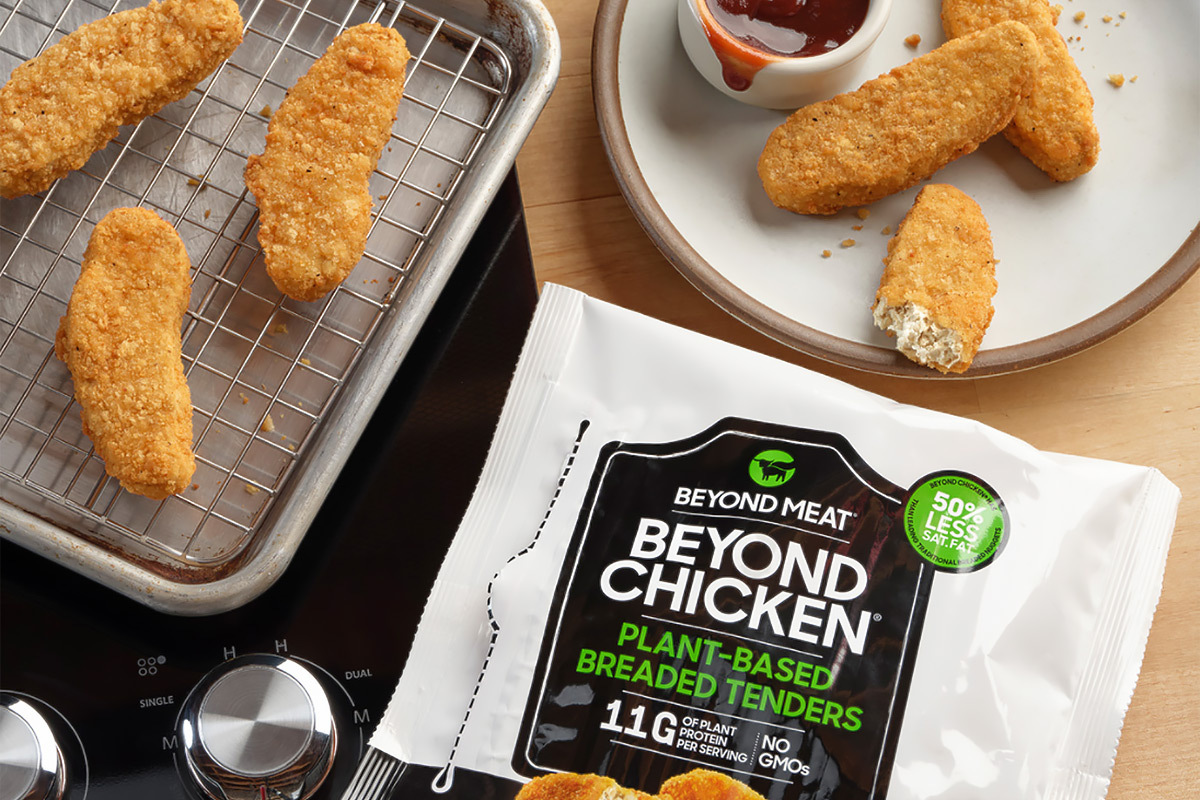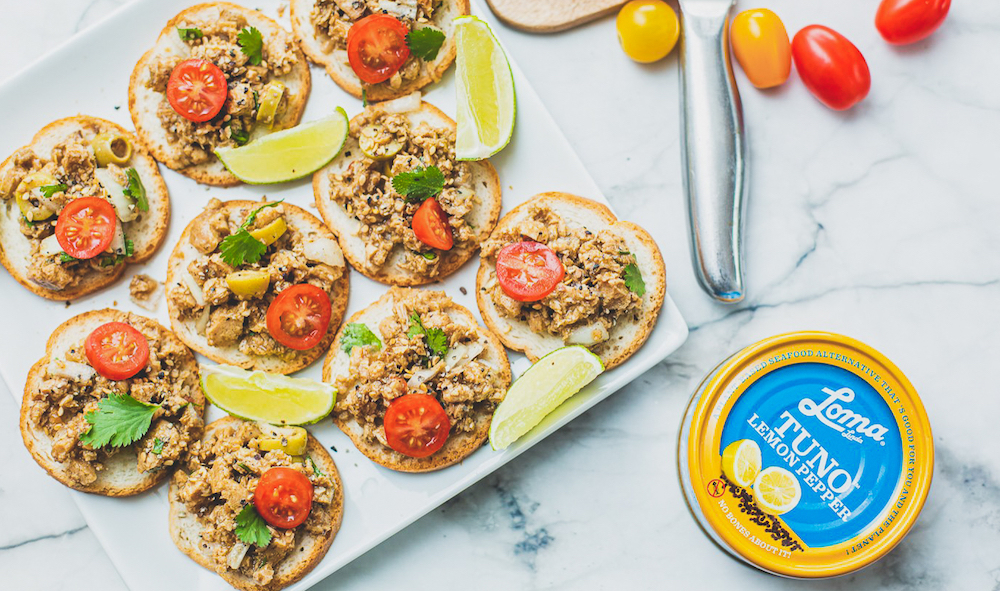Is there a big, signature challenge you can think of that you faced as you’ve navigated your career?
The first thing that comes to mind is the feeling of starting from behind. You don’t realize that you’re starting from behind until you meet people who haven’t started from behind, or you meet people who have started a few steps ahead of you. You hear these terms like, “Pulling yourself up from your bootstraps,” but if you don’t have bootstraps to pull yourself up from, it’s pretty difficult. I grew up in Richmond, Virginia in the south side of the city, which was notorious and still is. A lot of the people that I grew up around had never left a few block radius. Not even to go to another city, not even across town. So you were in an environment where there weren’t a lot of new ideas, there wasn’t a lot of creativity.
I remember being super young and being interested in the arts. I loved art, theater, and music. And I loved different types of music, not just hip hop and R&B. I remember getting teased for that when I was a kid, and feeling this pressure to assimilate into what was accepted. One of my biggest challenges as I got older was finding who I really was inside and being comfortable with that person, and not trying to live my life in a way that was accepted in this very small bubble of a world. I go home a lot of times and the same guys are still on the block smoking a blunt, doing the same things they were doing 20 years ago, and it’s like, “Wow.” I feel like I’m stuck in time.
So I think that was the biggest challenge. And it’s a challenge for so many people who come from socioeconomic areas where they don’t get a lot of opportunity or aren’t around people who have the ability to really see and know different things. Being able to have the wherewithal to say, “Hey, I want to see something different. I want something different for myself.” I think that was the first major hurdle for me.
How did that experience affect the path you took to become an entrepreneur?
I had no blueprint. I didn’t know what I was doing. I didn’t have any mentors—outside of my mom. There weren’t role models or anyone to teach me the ropes. I didn’t have a blueprint so I had to create my own, and I had to fail a lot, make a lot of mistakes. I feel very fortunate that even though there were times I messed up and made mistakes, I was able to keep pushing along.
But that’s really hard. When you don’t have a blueprint or someone that can educate you on how to do certain things, it’s really difficult. I didn’t know how to start my own company. The business side of being a creative and an entrepreneur—I didn’t know how to do any of that stuff. I remember getting in trouble with the IRS because I was like, “Oh, I owe taxes? What? This is how this works?” Or selling my first company and thinking I made a lot of money when I actually didn’t.
You mentioned your mother, but were there other people, maybe a little later along in your life, who helped you see that the road you chose was open to you?
I was homeless my senior year of high school, and I would go to the local public library to use the computers there. I’d read the news online and I remember coming across Mark Zuckerberg and Jack Dorsey. These guys were in their twenties starting these billion dollar companies, and I was like, “Yo, that’s so crazy.” For me, coming where I’m from, you either played ball, you rapped, or you sold drugs. That was it. And those weren’t viable options for me. I couldn’t rap—my bars were pretty trash. I was really good at basketball, but not good enough to be a professional. And I didn’t want to sell drugs because so many men in my family had gone to jail or were dead over drugs.
So I was like, “Whoa, this tech stuff is cool, but I’m not white and from privilege.” But then I discovered this guy Q, who started the website World Star Hip Hop. It sounds crazy now because that site is horrible in a lot of ways, but for me, at the time, it was like, “Wow, someone who looks like people from the hood is out there doing this stuff. If this guy can do it, then I can do it.” That was my first time seeing somebody that looked like me and talked like me doing something in the internet and tech space. It inspired me to apply to Virginia Tech and try to pursue a career in tech.
The second thing I would say is that in my mid-twenties I had been grinding, grinding, grinding. I moved to LA and started to meet people in tech and music and art—young Black people who were making moves. It was really inspiring for me. It’s really important to find inspiration from your peers and people that you can lean on for different things. I didn’t have that at the beginning, in the first part of my career. I started my first company at 19. So the first five, six years of my career was really me trying to blaze a path. It was really important to start meeting all of these different people in different spaces that were going through similar things as me.
How do you make sure you don’t burn yourself out? How do you think about self care?
It’s just conscious decision making. Last night I got back from Paris and I was exhausted, jet lagged. And it was still pretty early—maybe eight or nine. I could have done emails and got to some work. But I made the conscious decision to say, “No, I’m going to go rest.”
When you’re just completely on all the time, you don’t think you have the option to take care of yourself. A lot of times when we overwork ourselves or go overboard with things, it’s with stuff that could wait. We only have one life to live. I used to just work, work, work, work. I didn’t enjoy my evenings. My evenings were work. And now I have a social life. Now I have built a community of people, especially through the art world, which has been one of the biggest things that has helped my mental health.
I like to call myself a creative entrepreneur. And, when your head’s down, it really stifles creativity. When you’re not able to take a step back and smell the roses and live life—that’s where the inspiration comes from. It’s about being conscious of the decisions we have and making the right decisions to take care of ourselves. It’s like, hey, your body’s hurting? Go get a massage. Oh, you’re exhausted? We’ve all been there where we’re damn near falling asleep in meetings. You should just go take a nap. If you have meetings all day and you’re like, this is going to kill me—move some of those meetings. Just understand that you have that option.
You mentioned the phrase “creative entrepreneur.” When I was younger, the relationship between art and commerce was looked at a little more skeptically, I think, than it is now. There was a real focus on what was indie, what was mainstream, and there was maybe more cynicism about the influence of money on art. As someone who has been working at the intersection of creativity and business for a while, how have you seen that relationship change? And what do you think creative people can learn from those changes?
Being a creative does not mean you have to be broke. I feel for some of these creatives that have found success. Sometimes their own community can turn on them because they see money as something that’s bad. I think it’s a beautiful thing to be able to get paid for something you’re passionate about. I think that’s one of the most beautiful things in the world. And it’s a privilege. A lot of people don’t realize how much of a privilege it is.
The world is changing. Big brands and companies are embracing creatives and looking for collaborations and partnerships more than ever, especially in a time where ads are performing worse and people are being oversaturated with content. Creatives have become this new avenue for a lot of brands to really reach people in a genuine way and to really do positive and cool things. I don’t think there’s anything wrong with that.
But I do think the minute you sacrifice who you are is the moment you have to step away. If there’s something that’s asked of you that’s a clear step across the line and makes you change who you are, then it’s not worth it. But if you’re able to still be yourself and express yourself freely and do the things that you love and get paid for it, I don’t think there’s anything wrong with that.
When you’re getting ready to start a project, do you have any tried and true ways that you approach moving things forward? You said you started a company when you were 19. What did you do to get started on making your idea for a company actually become a real company? I remember talking about a lot of ideas I had when I was 19, but making something actually happen is a different thing.
I wasn’t as intentional with my first company. I was working a minimum wage job and I would buy lunch and I was like, “Wow, half my day’s pay is gone.” I needed to take care of myself and my family. So it was more driven by a sense of survival. As I’ve gotten older though, I realize that there are a few things that are tried and true for me. Number one is really, really getting to know my audience in the space. Before I even took the job at Artsy, I’d put years of time into learning the art world and making connections and seeing what was needed in the space.
Number two is having product market fit. It’s about going beyond just learning the audience, and making sure there’s both an audience and product market fit for anything I want to create and put into the world. Whatever you’re putting into the world, whether it’s music, whether it’s design and technology, a comic, a game, whatever it may be, it’s so important to make sure there are people out there that actually want to consume it.
And I think the last piece is faith. I’ve gone through a lot of stuff in my life, but I just have an overwhelming sense of faith in myself and my ideas. Man, it’s rough to create and put something out there. And if you don’t believe in yourself, what do you have? You’ve got to have faith that it’s a possibility. If you have a cynical or pessimistic nature, that stuff tends to manifest itself. An overwhelming faith in myself has really served me well.
How do you keep your creative side fulfilled while you’re working? And where do you look for inspiration?
Honestly, recently, it’s been looking at projects on Kickstarter. I’ll tell you, I wasn’t looking at Kickstarter too much before I took the job here. I would go to Kickstarter sometimes if a friend of mine was doing something. But wow, you can literally go on Kickstarter any day of the week and see so many cool things. I just went on the site today and I found this French woman who’s making a magazine highlighting old hip hop album covers from the 2000s. I was like, “Whoa, that’s my childhood.” I’m looking at her video and I can’t understand what she’s saying, but the fact that she found this niche level of creativity that brought so much nostalgia back to me—it’s really cool. It inspires me so much to see different people around the world chasing their dreams and trying to put things out into the world.
The second thing I would say is talking to my friends and my tribe and my community. I get more happy and excited about my friends’ projects than I am about my own. Having people in your life that really inspire you and do really cool things—that fills my cup.
The last thing is having creative outlets for yourself. I love to write, I love to paint sometimes. I love to sing when no one’s watching. And art obviously has such a special place in my life, and it’s been my escape in so many ways, whether it’s creating art or going to see art. I feel like art saved my life.
You’ve talked about the importance of your tribe, and the need to find inspiration in the group of people you connect with. How do you build a tribe?
So, I’m a loner. I know that about myself. I’m also an introvert—a lot of people don’t think that I am because they see the personal brand. But I’m very much an introvert and a loner. I remember leaving Los Angeles and feeling like, wow, I don’t know if I’ve made one real genuine friendship. It’s crazy. I lived here for years. I was like, “If I was locked out of my house, who would I call?” “If I needed something, who would I reach out to?” When you start thinking about these hypothetical questions and you’re drawing a blank on people, that’s a problem.
I moved to New York right before the pandemic hit. It was very tough, but I feel like people here showed me how much they cared about me and I finally started to pay attention to it. I don’t think I’d ever actively paid attention to that before, and that had been my problem.
That’s deep.
Yeah. Once you start to pay attention, you start to realize who the people are that you want to hold close, and who the people are that truly, genuinely have your back. I think that’s how I’ve built my tribe here. I started to be in spaces that inspired me, the art world. And I started to listen. I started to pay attention to the love that people showed for me without the need for reciprocity. And that really changed things. People accepted me for who I am, good and bad. Just spending time with people, just being like, “Yeah, I just want to be around these people.”
It’s been a process. It’s very new to me, but it feels really, really, really good. I started to really pay attention and also invest in relationships. It sounds so simple to invest in relationships, but it’s not simple. Being with people just for the sake of who they are and not because you need something is so important. That’s a very foreign concept for a lot of people.
This post was originally published on The Creative Independent.
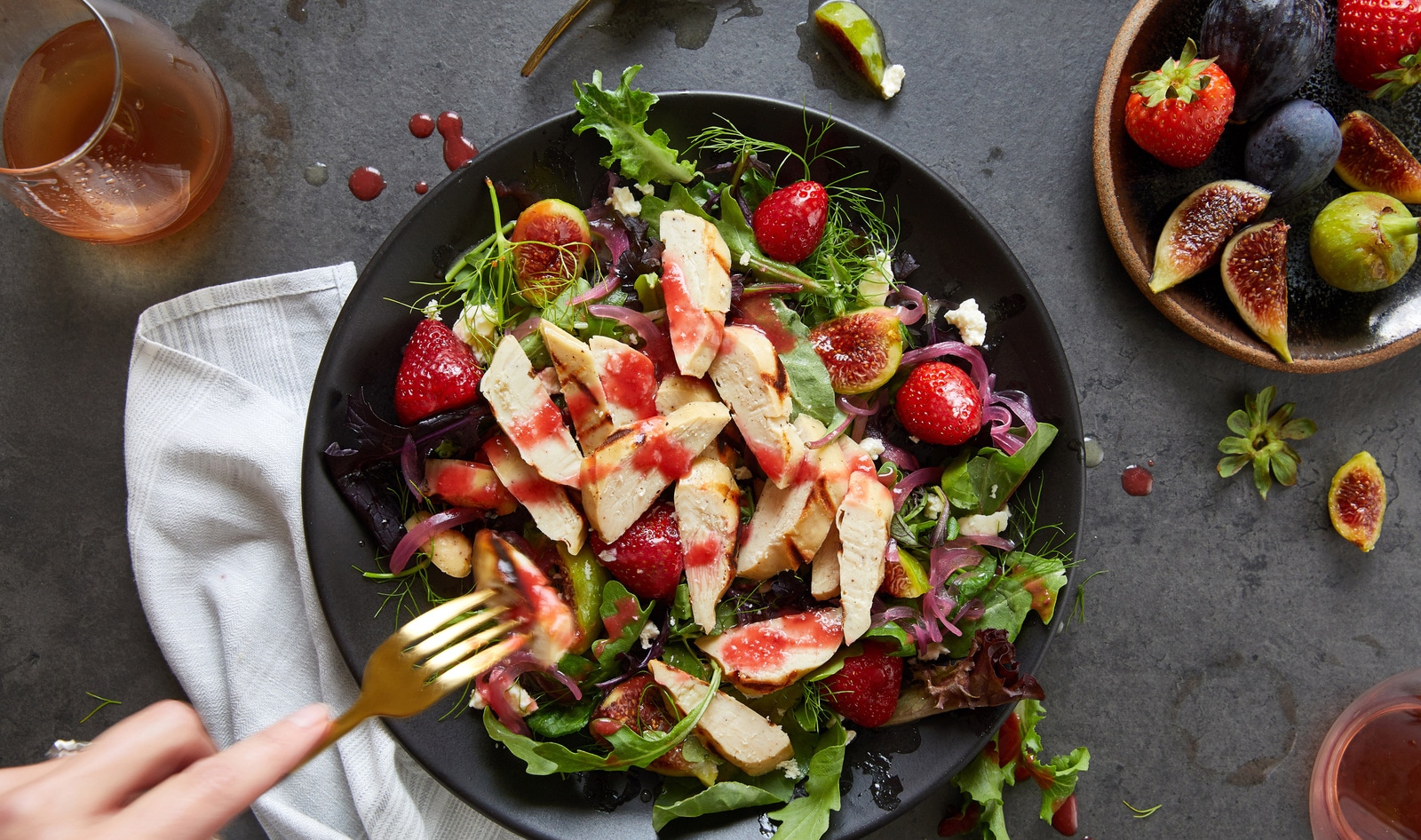
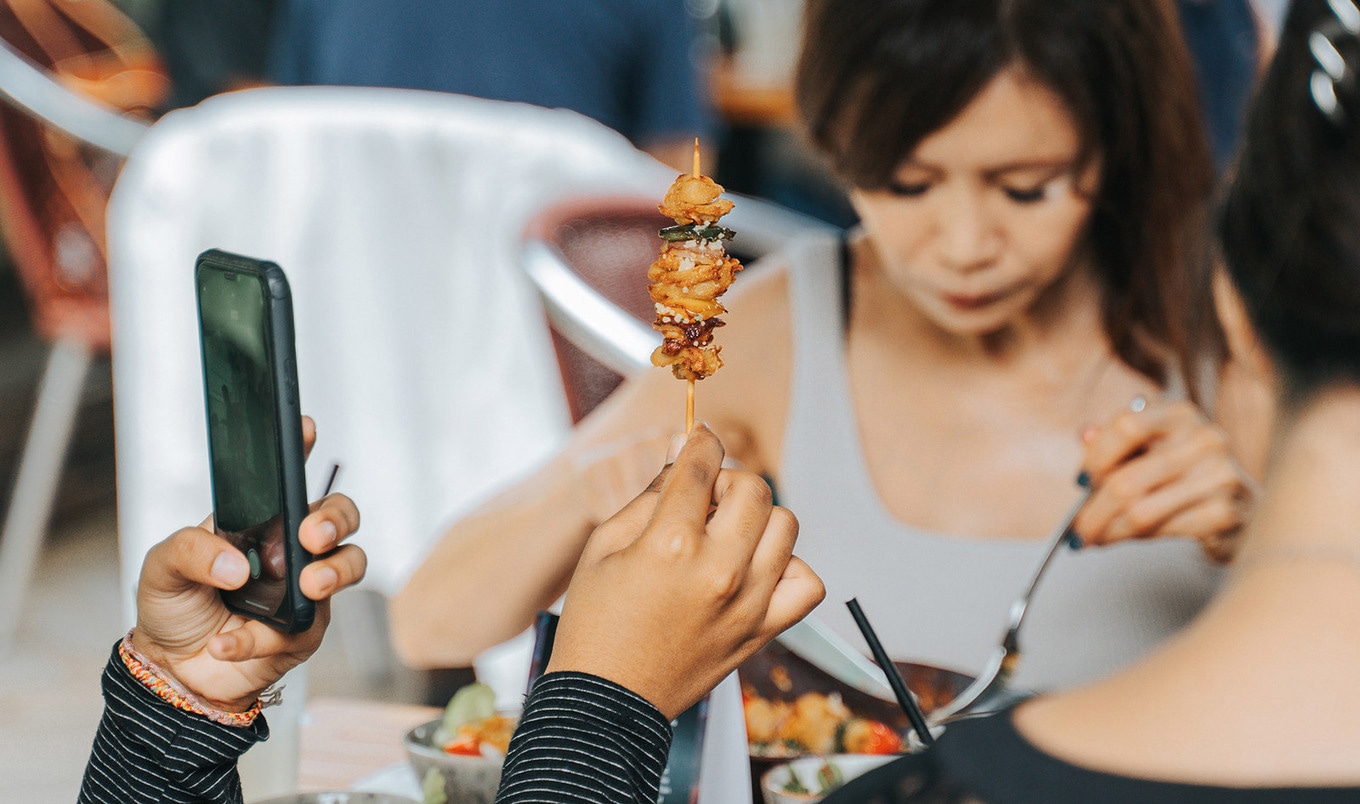 Eat Just
Eat Just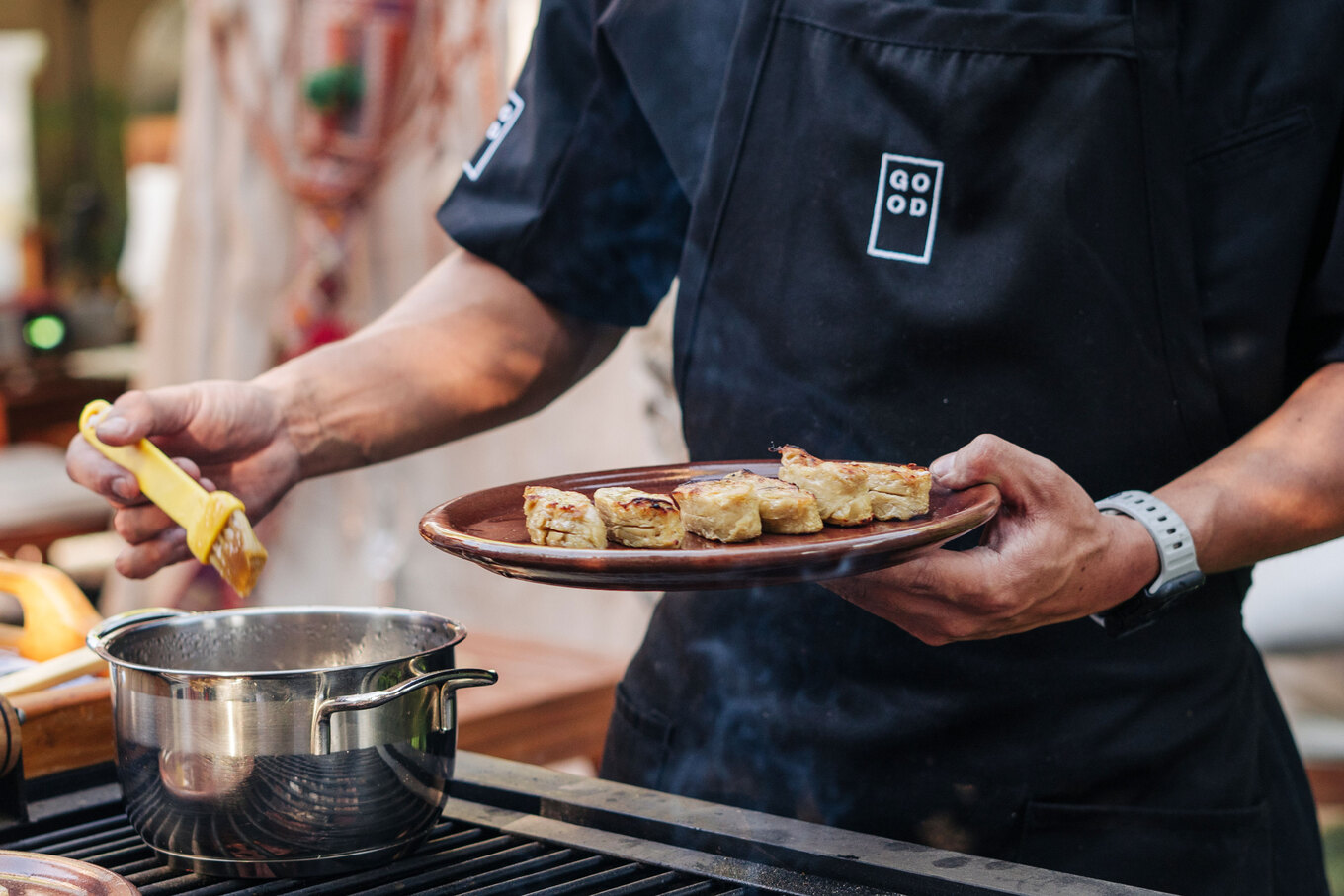
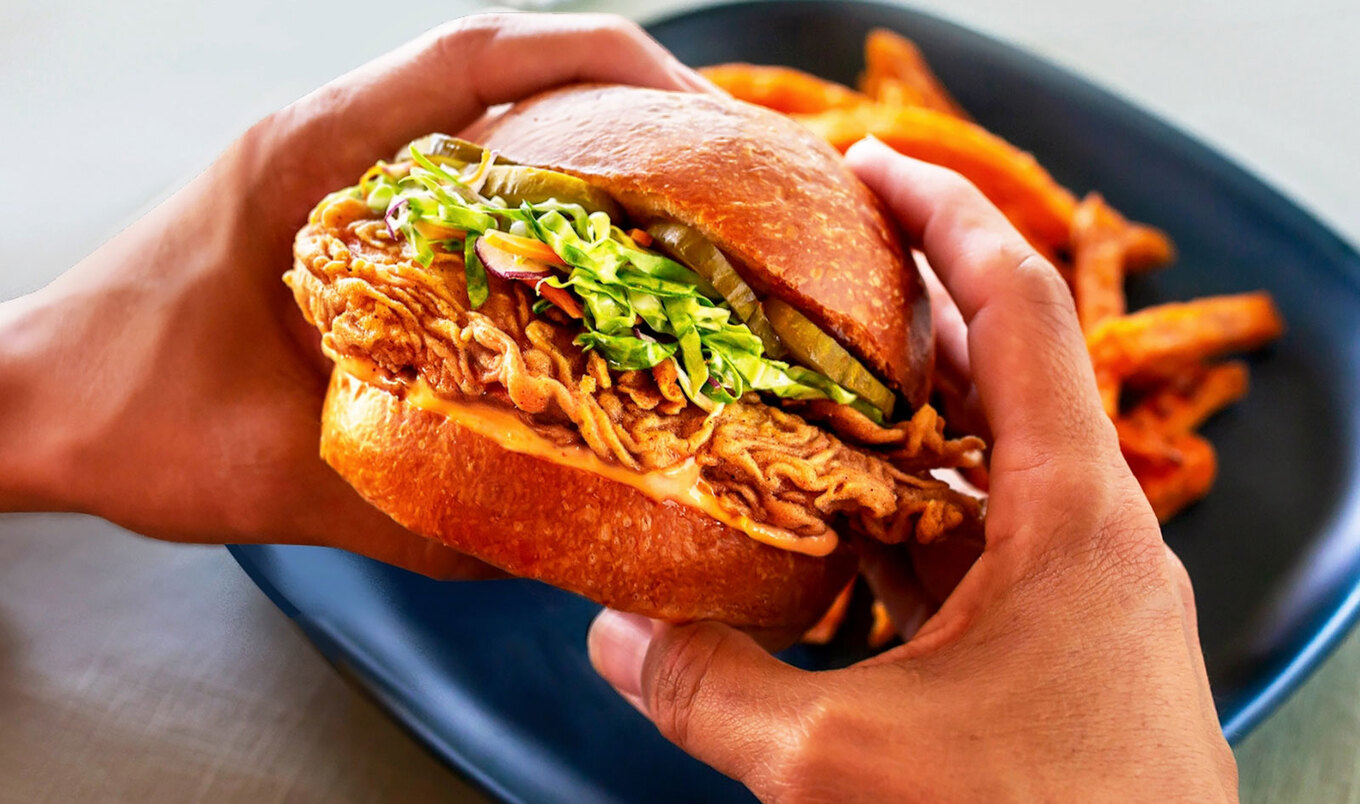 UPSIDE Foods
UPSIDE Foods UPSIDE Foods
UPSIDE Foods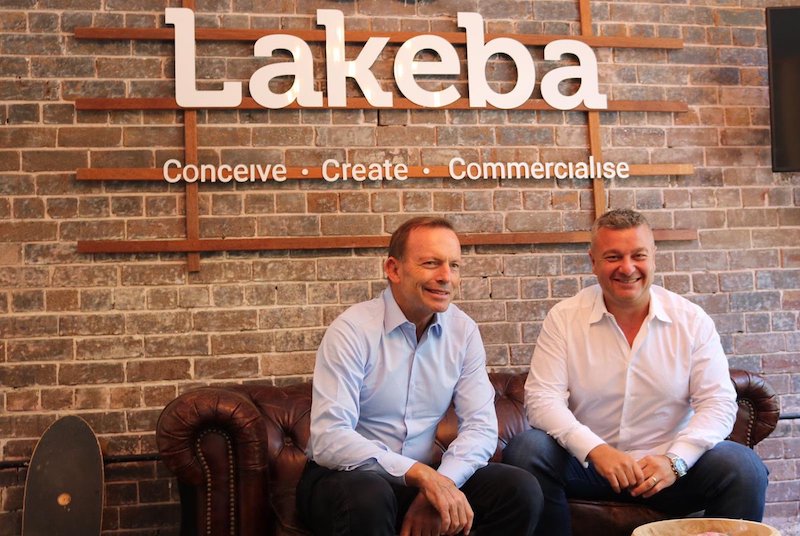

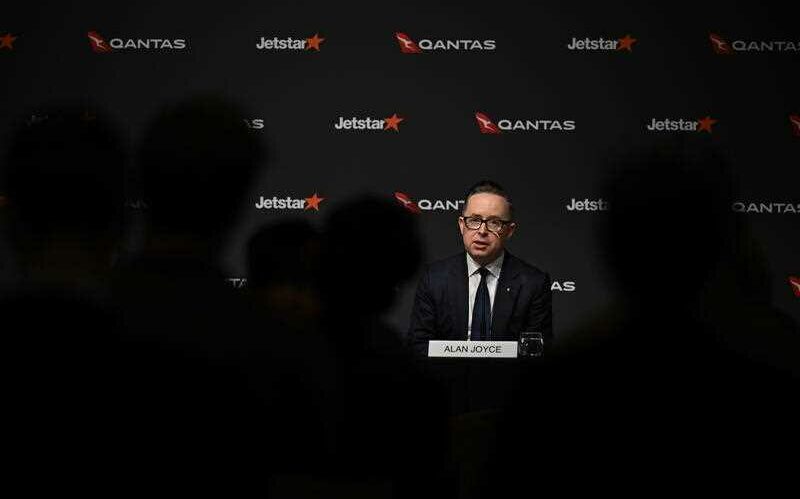



 Unsplash
Unsplash Canva
Canva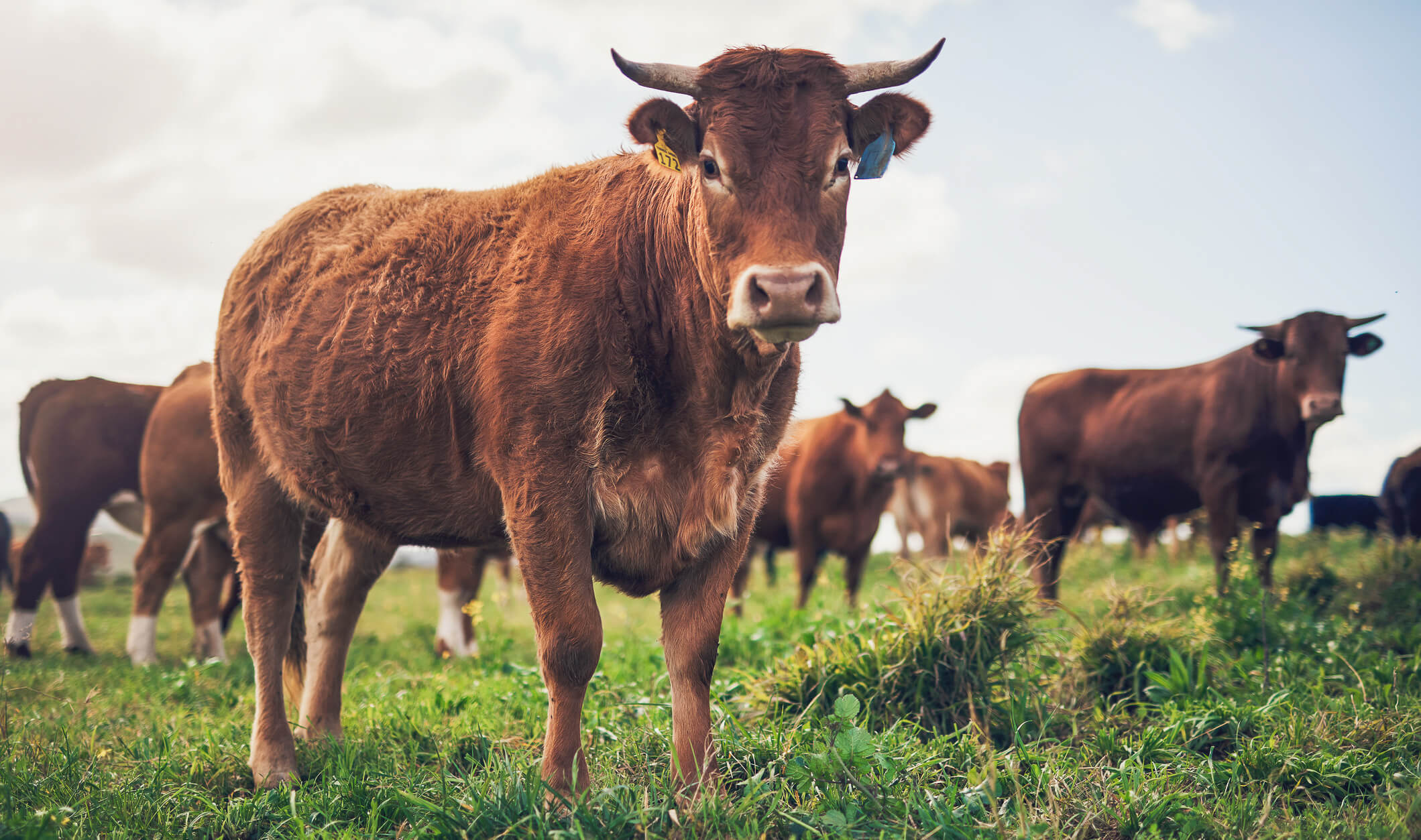 People Images
People Images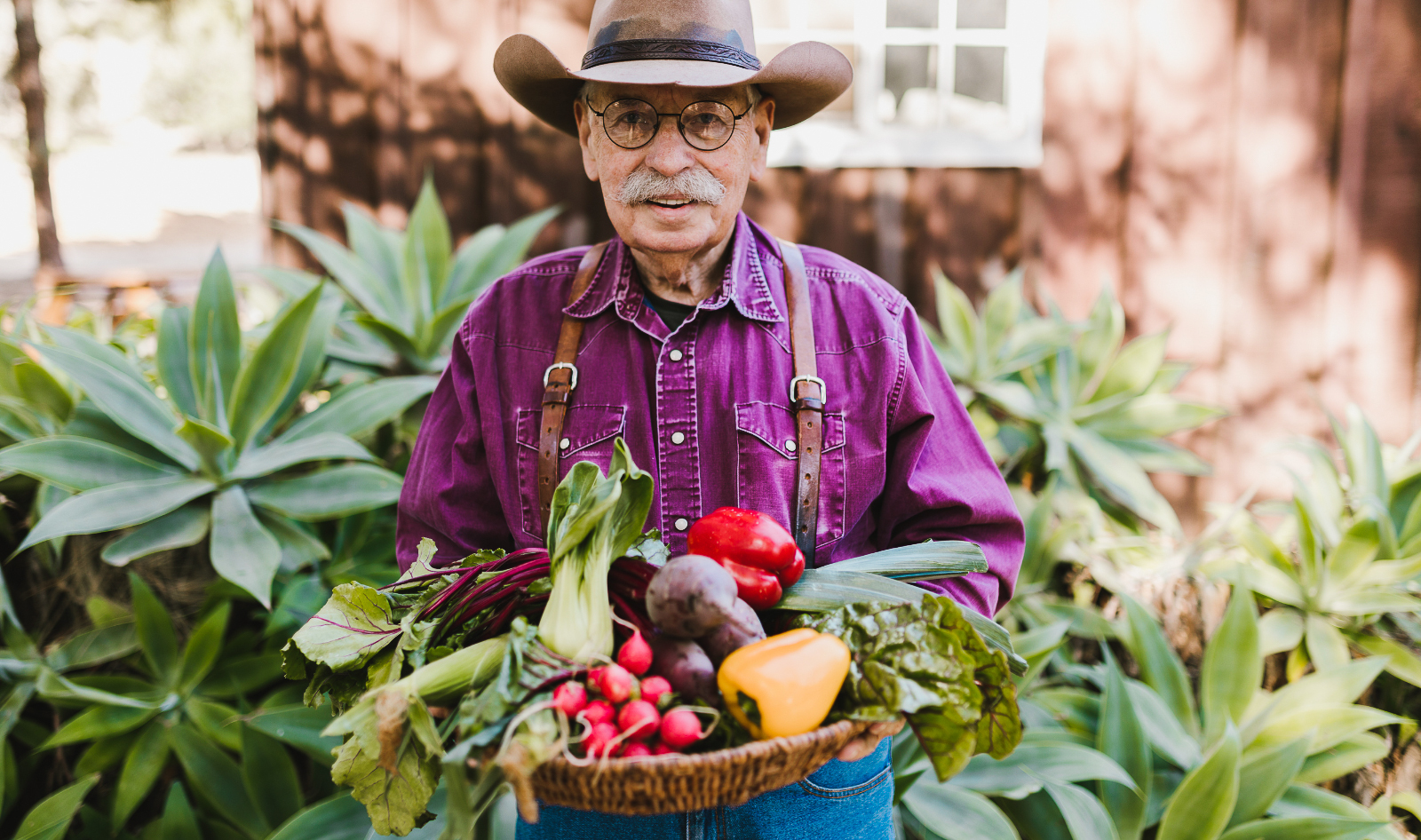

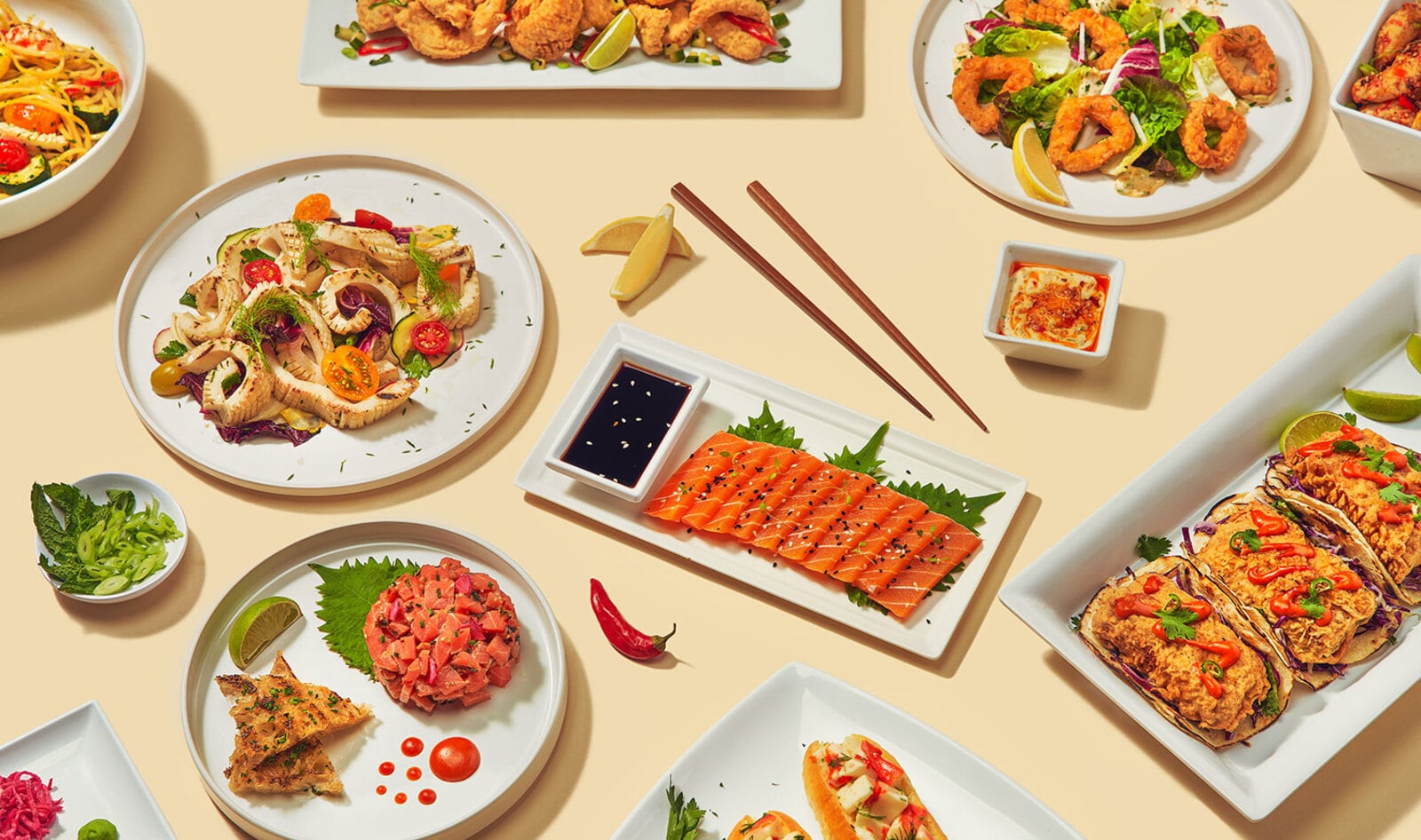
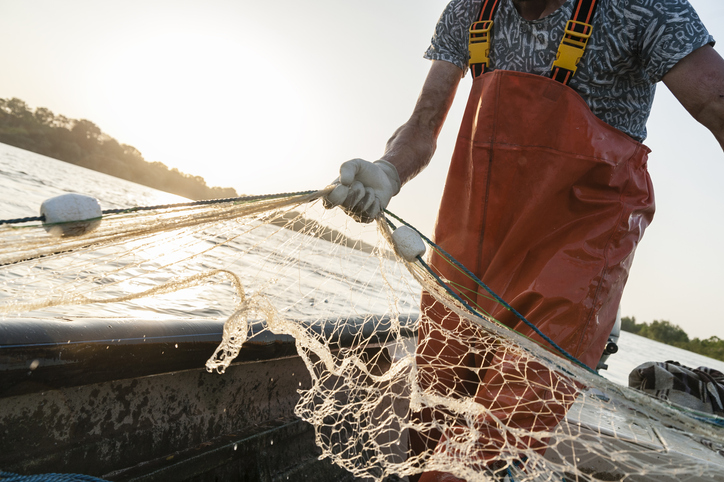 Getty Images
Getty Images Boldly
Boldly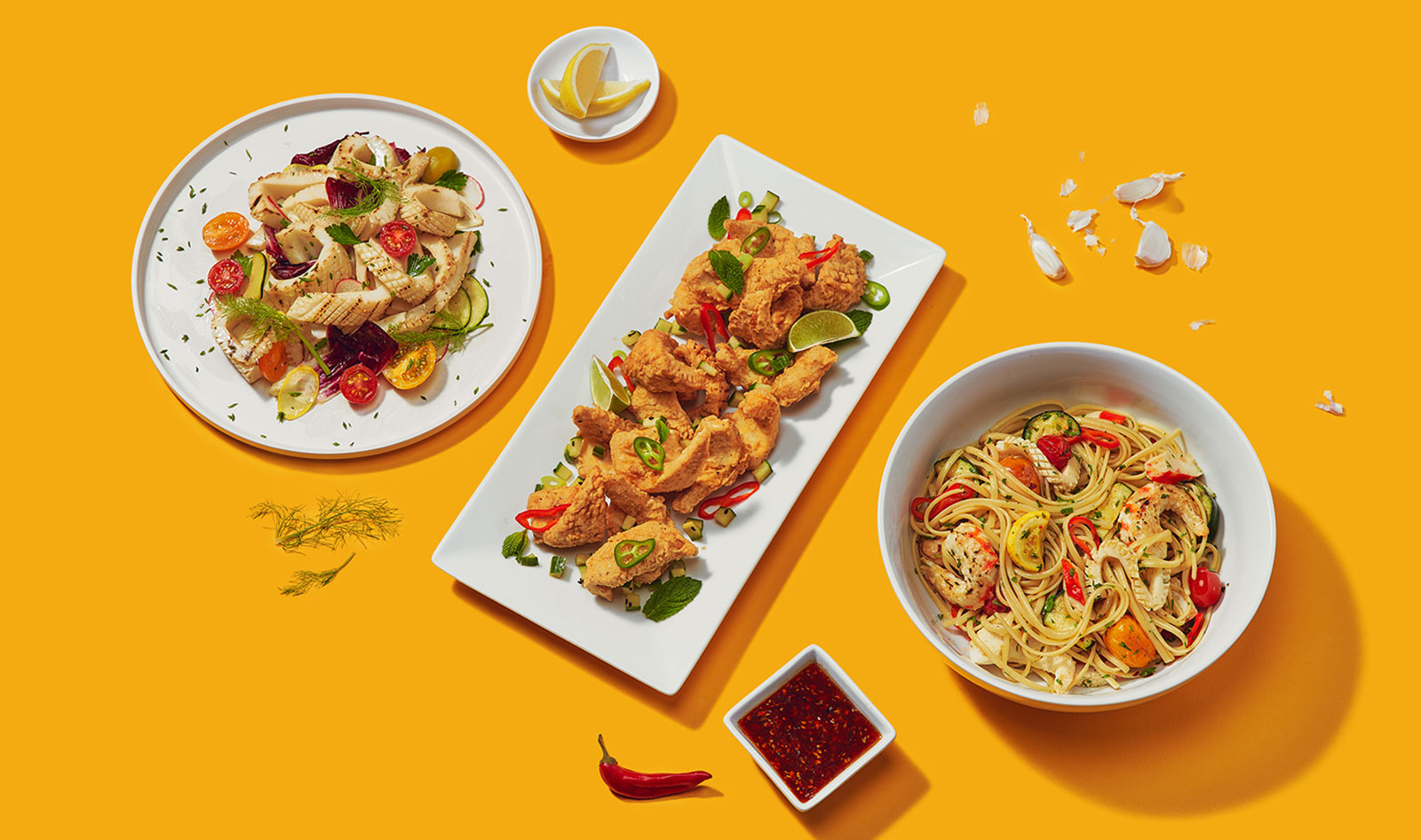 Boldly
Boldly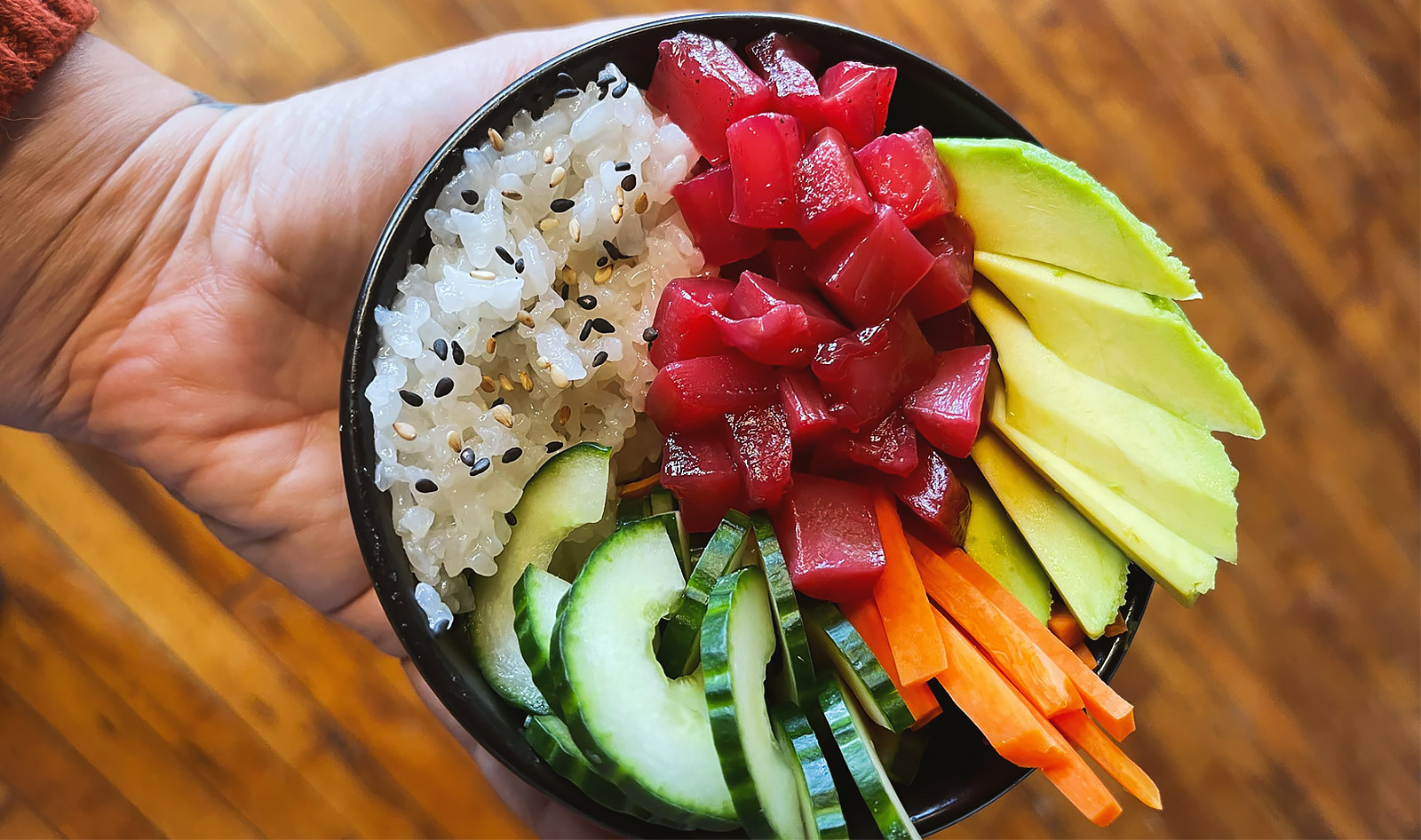 Aqua Cultured Foods
Aqua Cultured Foods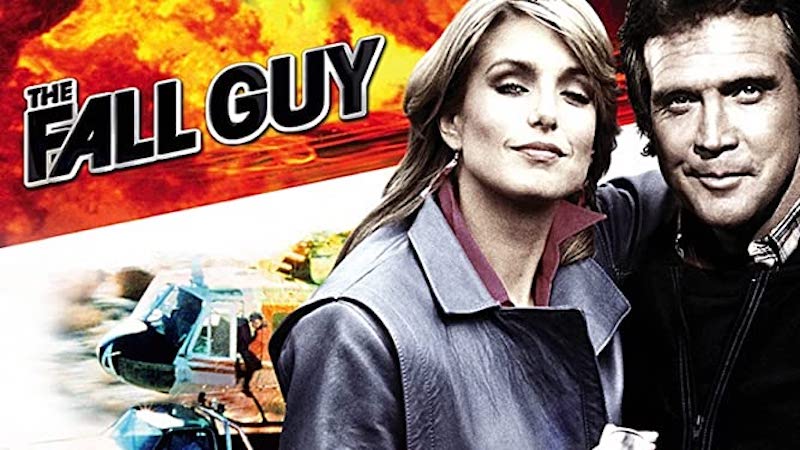
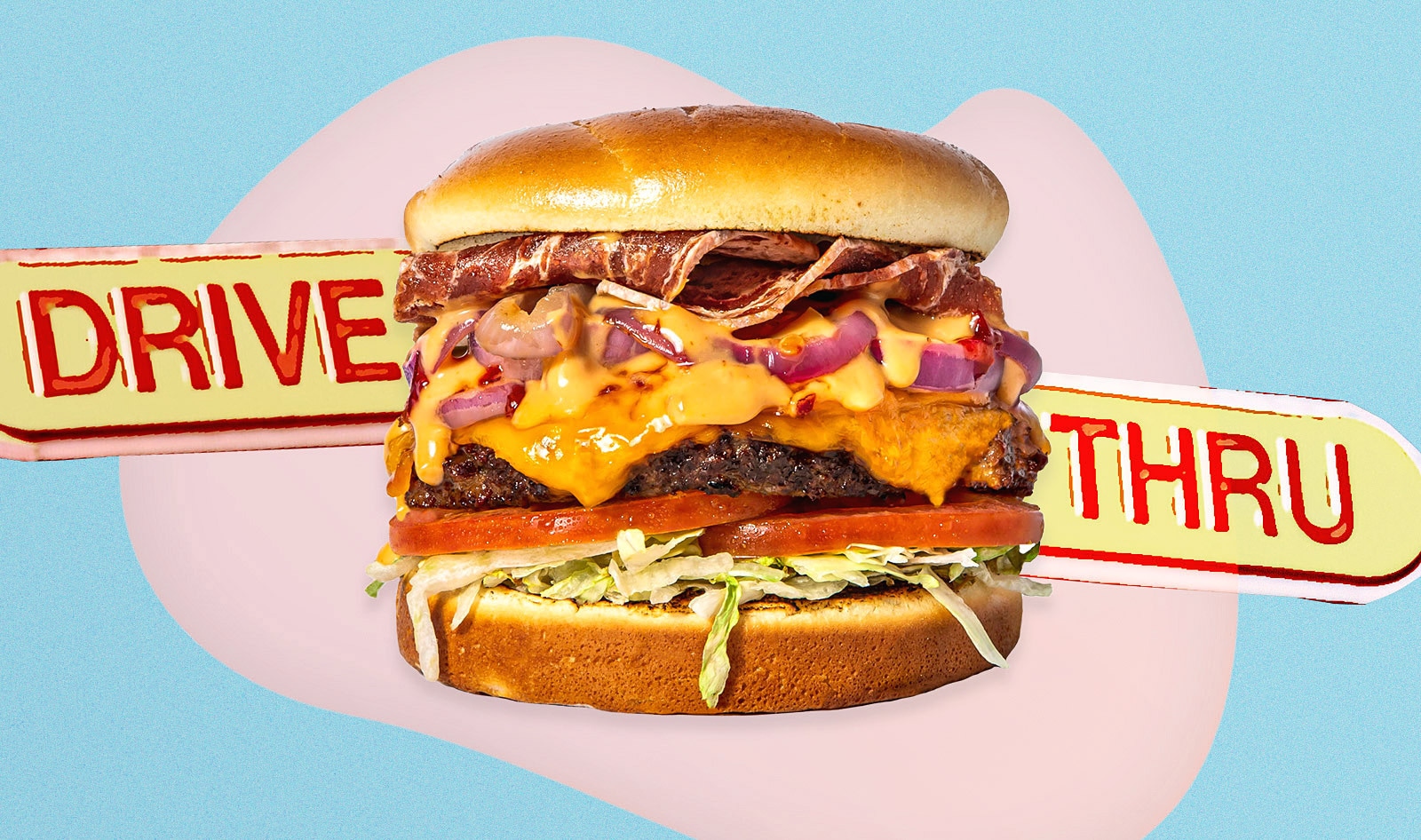
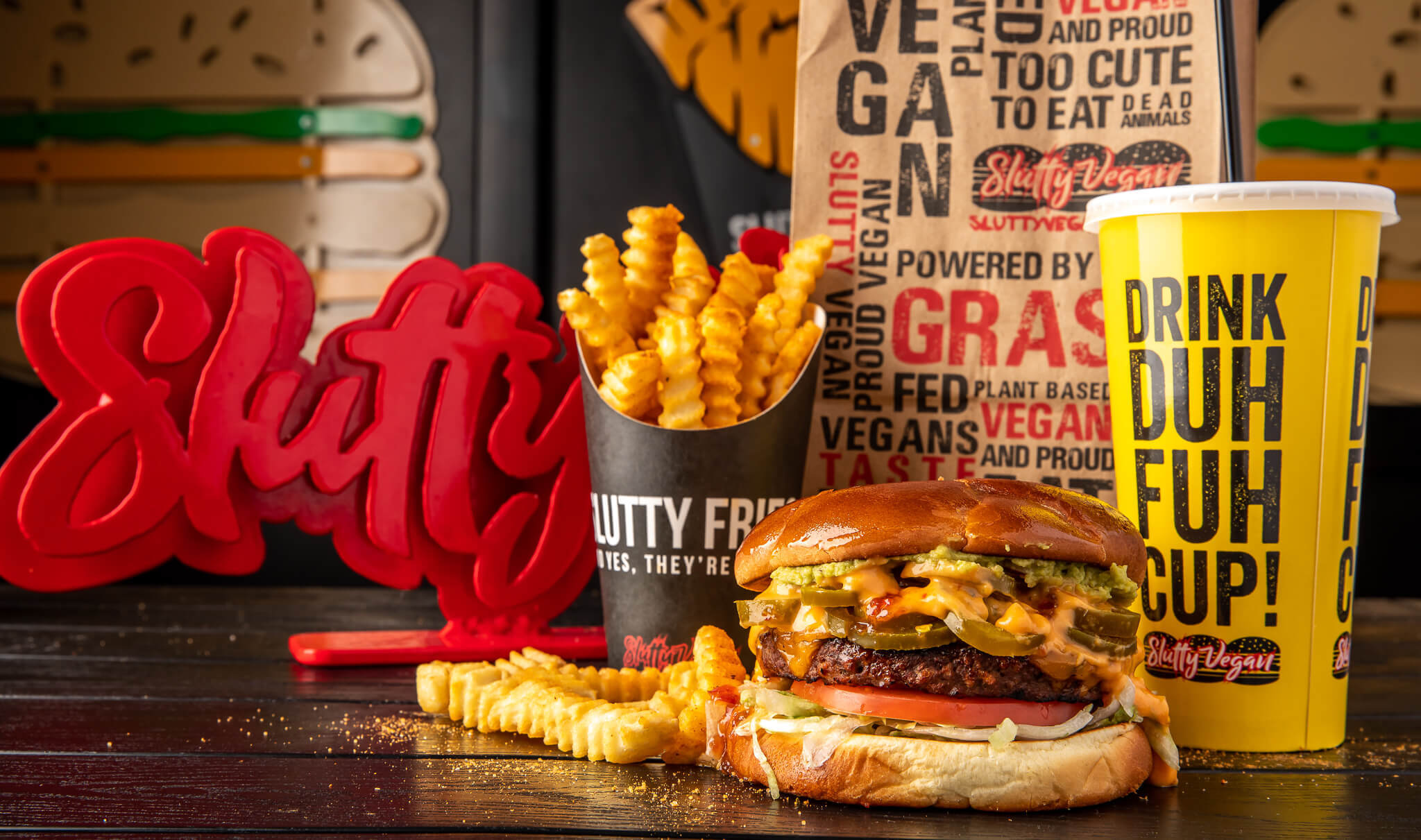 Madelynne Boykin
Madelynne Boykin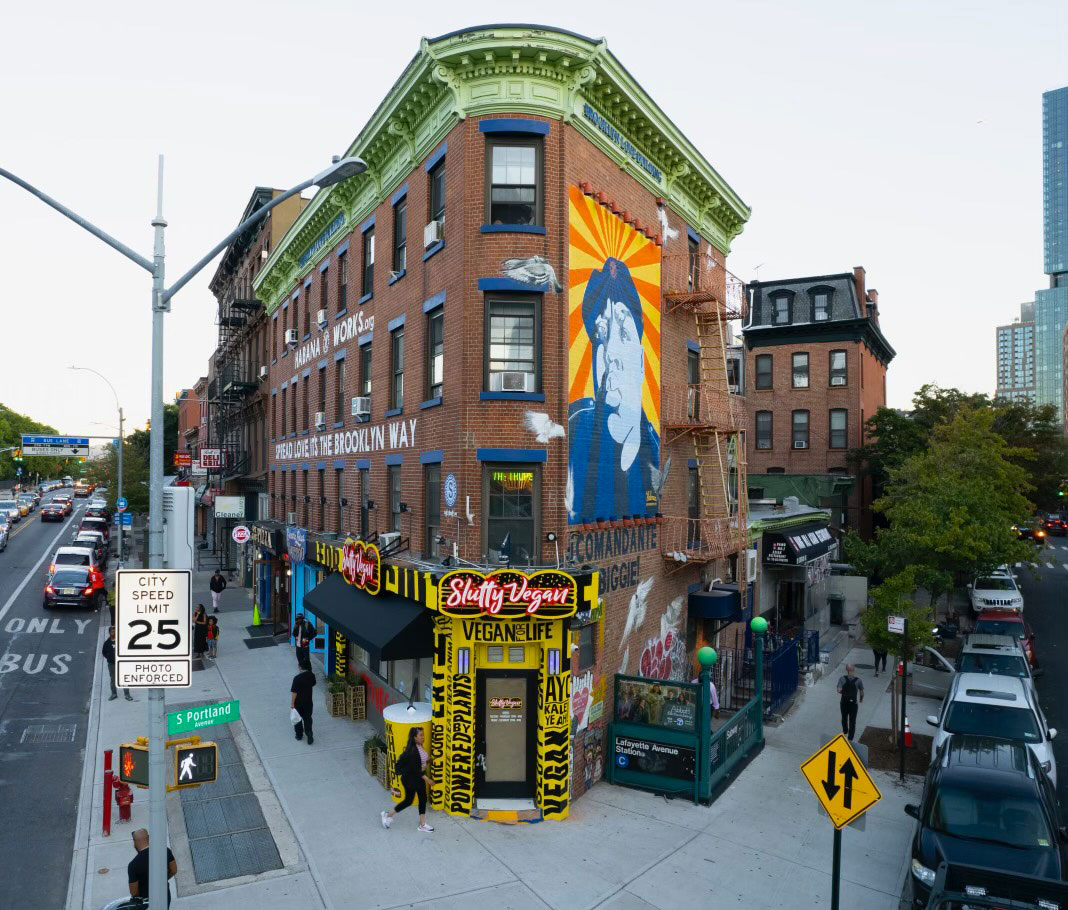 Slutty Vegan
Slutty Vegan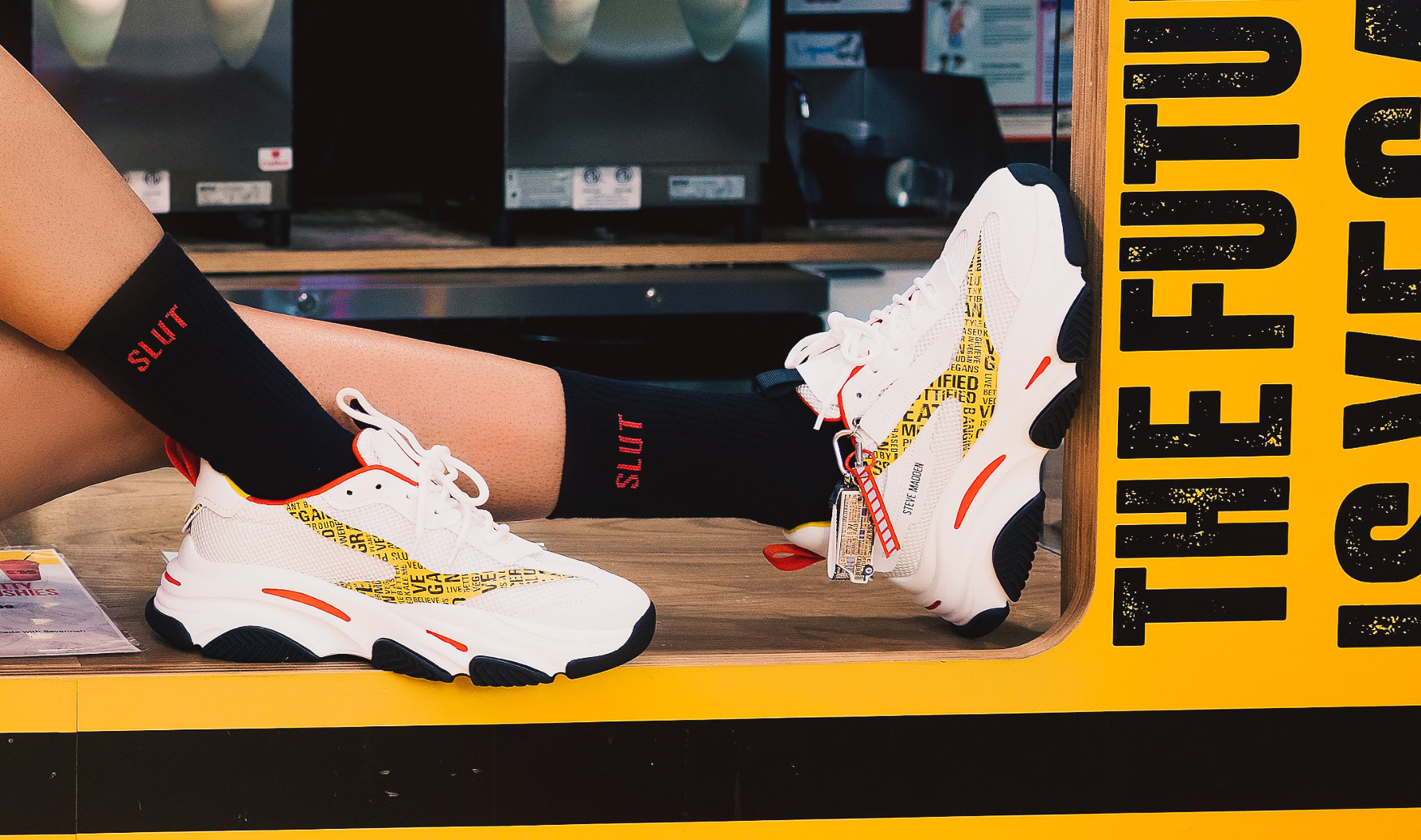 Drea Nicole
Drea Nicole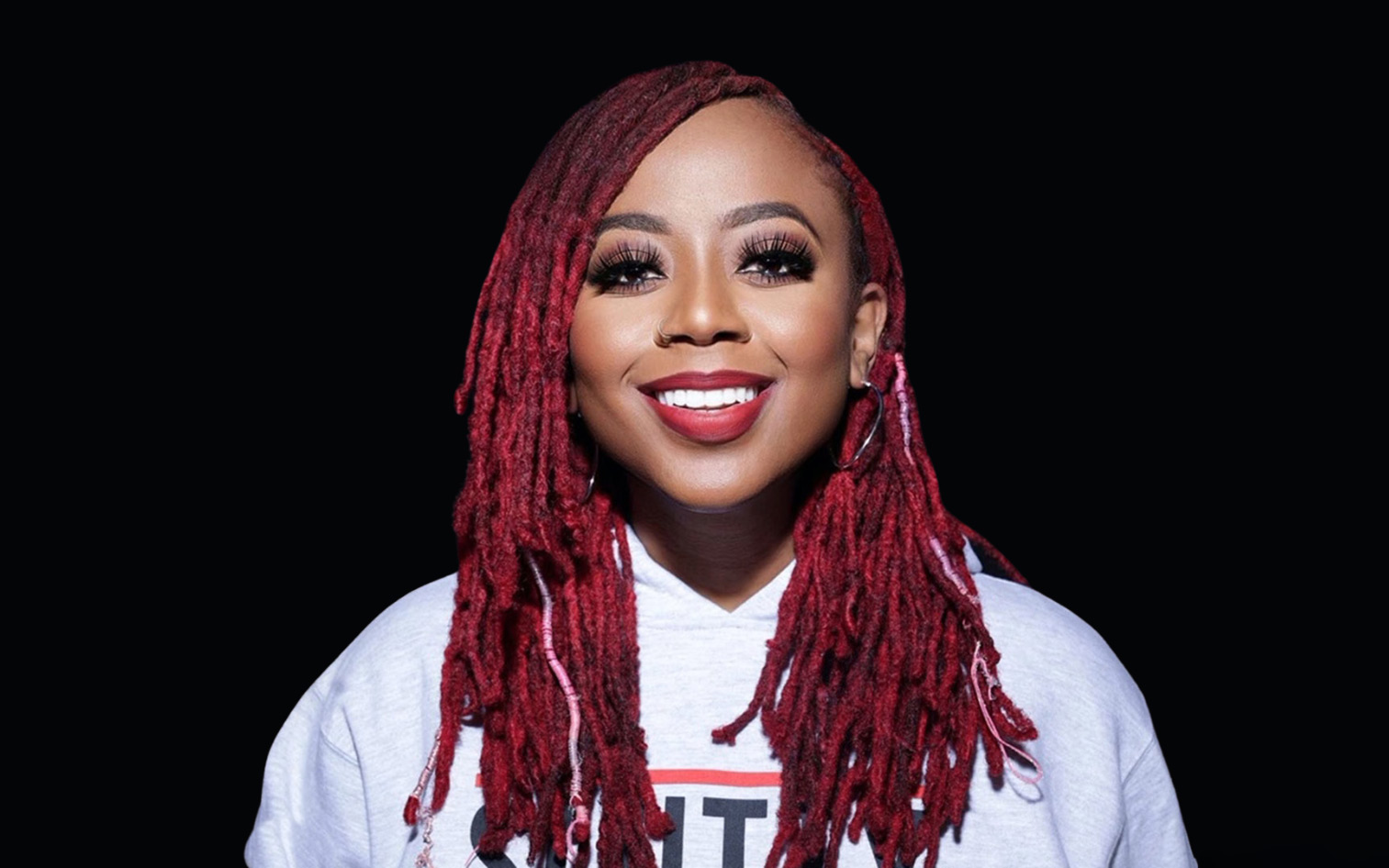 Slutty Vegan
Slutty Vegan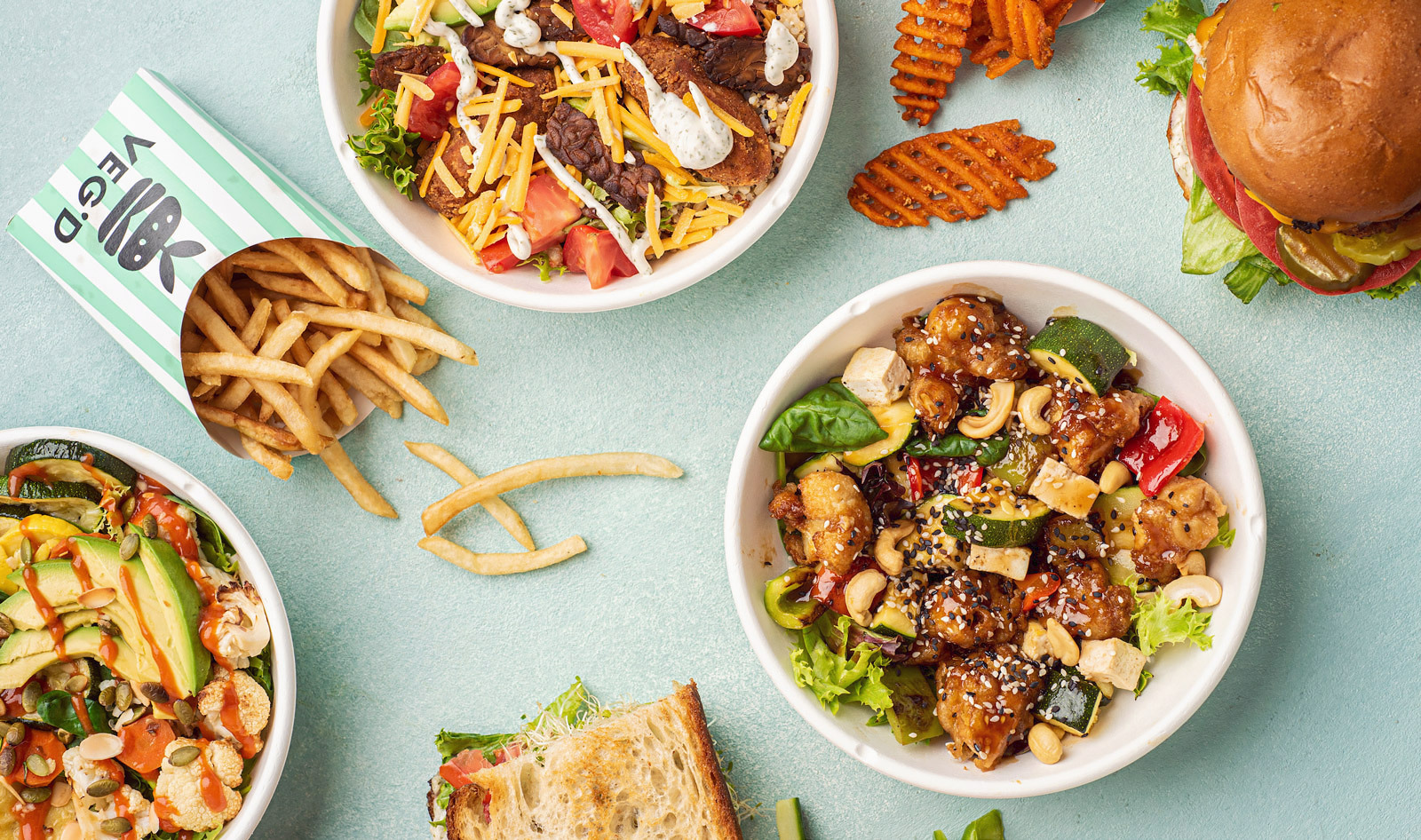
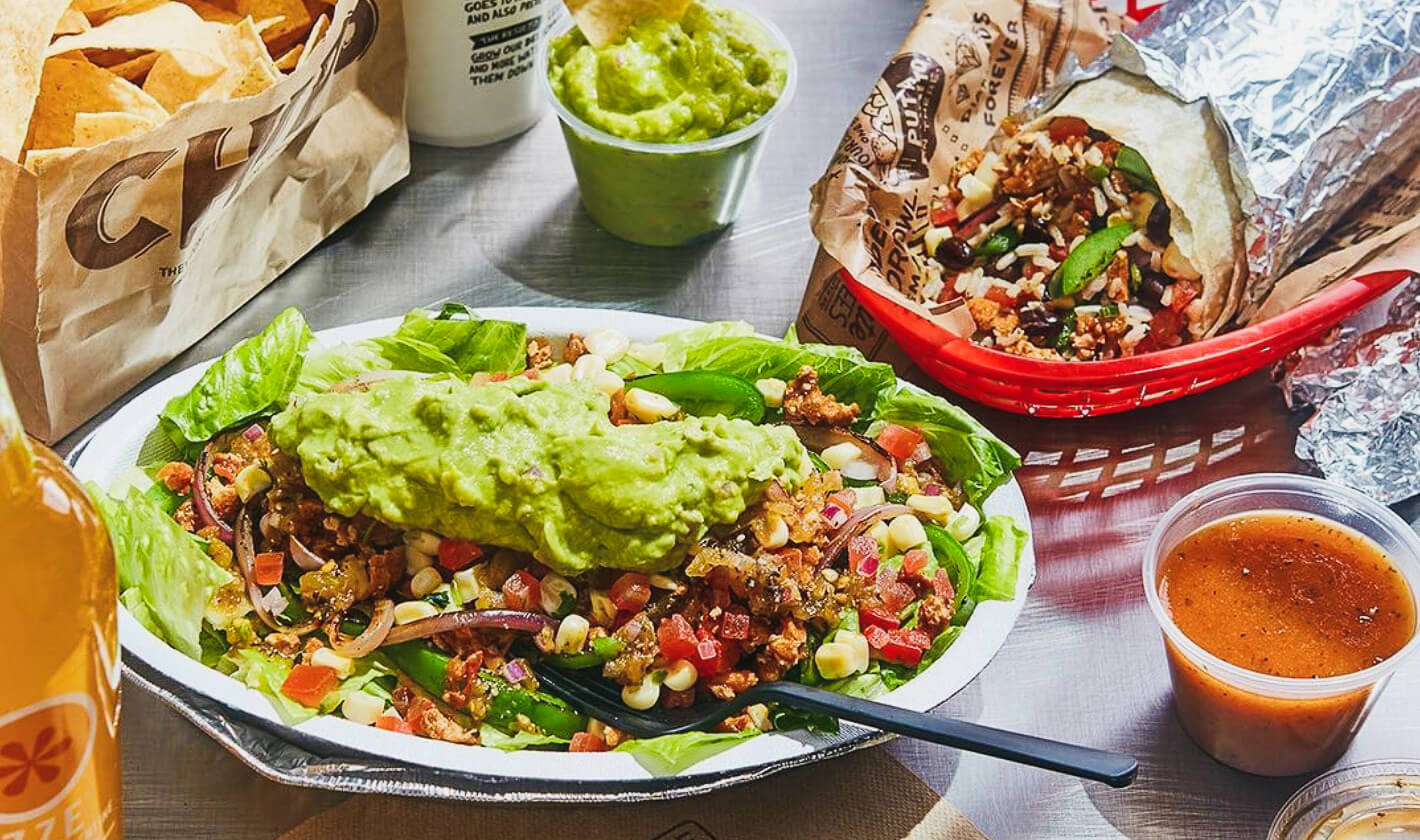 Chipotle
Chipotle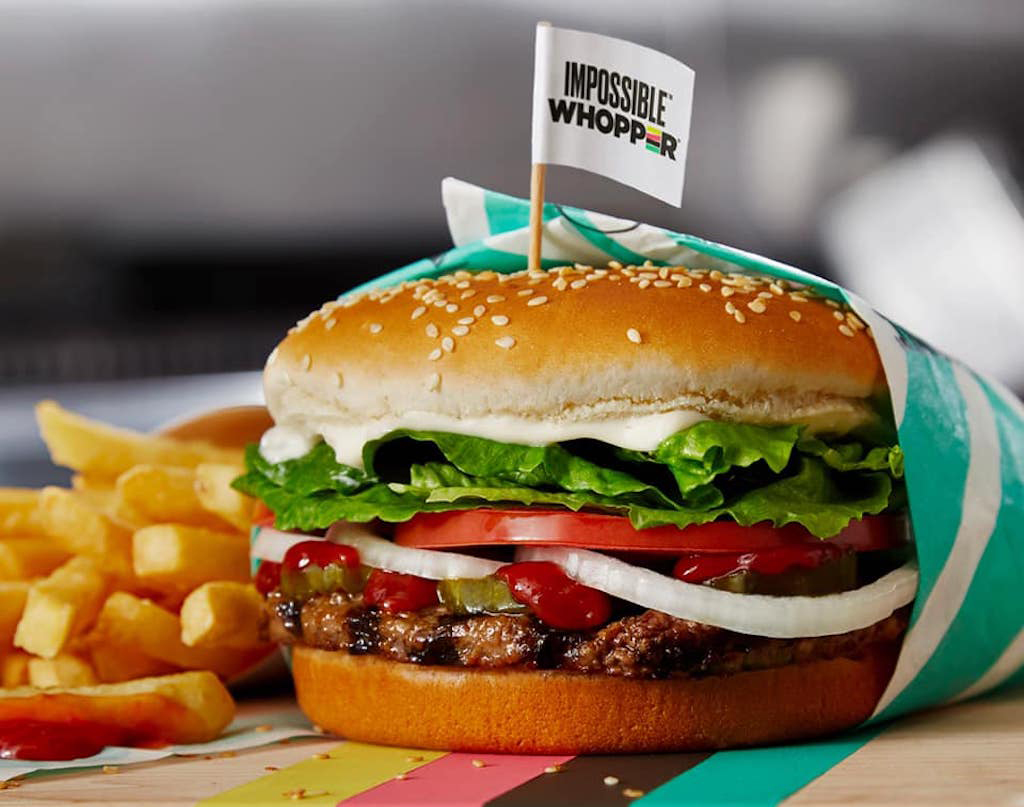 Burger King
Burger King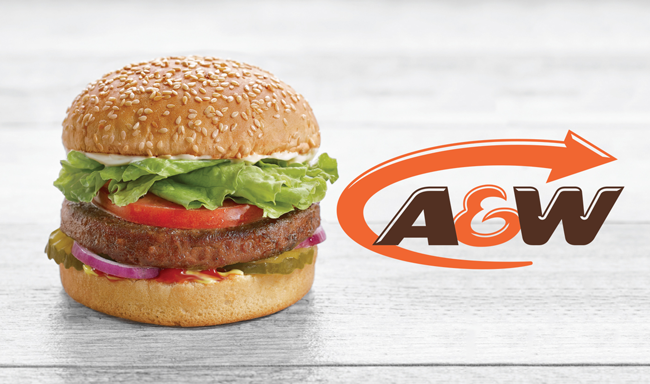 A&W/Beyond Meat
A&W/Beyond Meat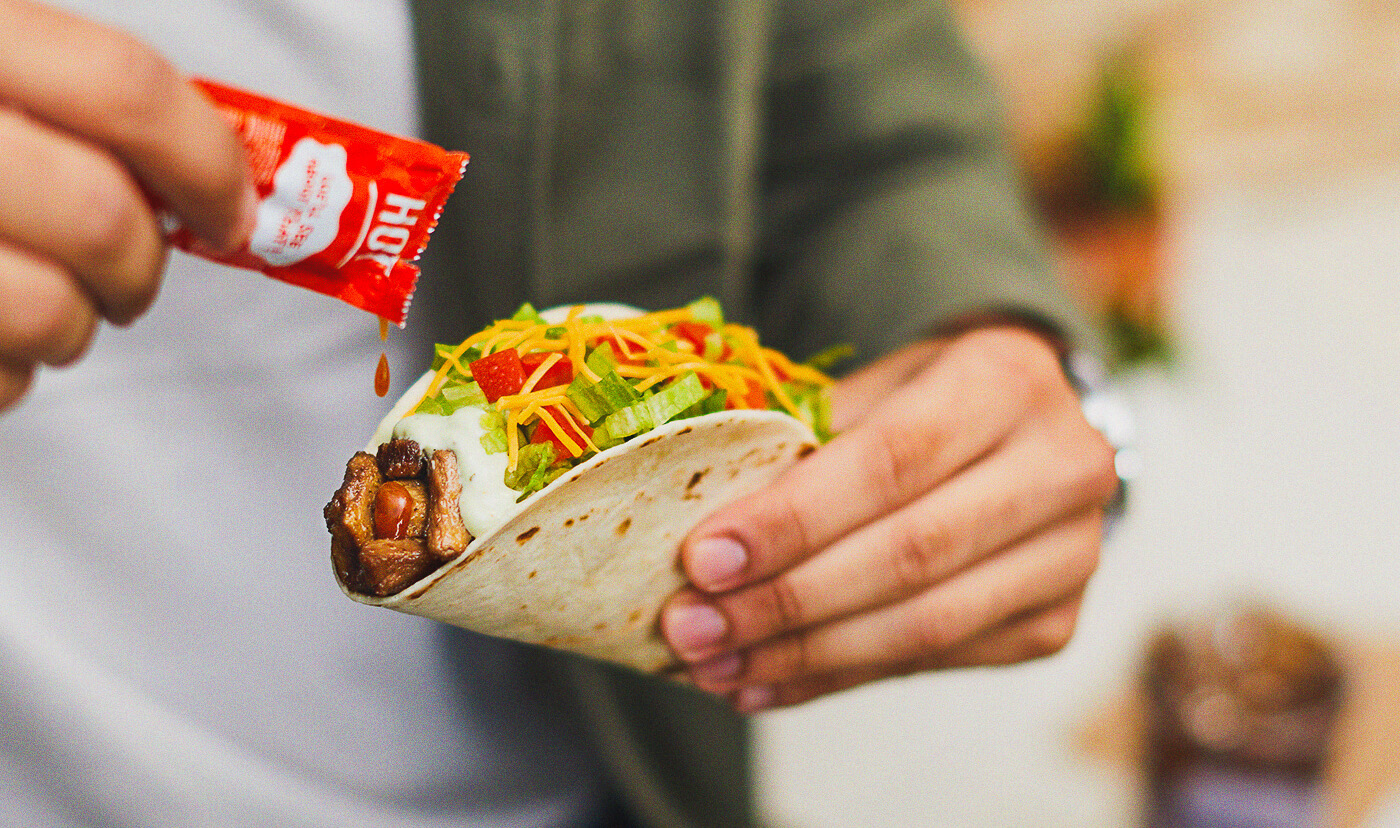 Taco Bell
Taco Bell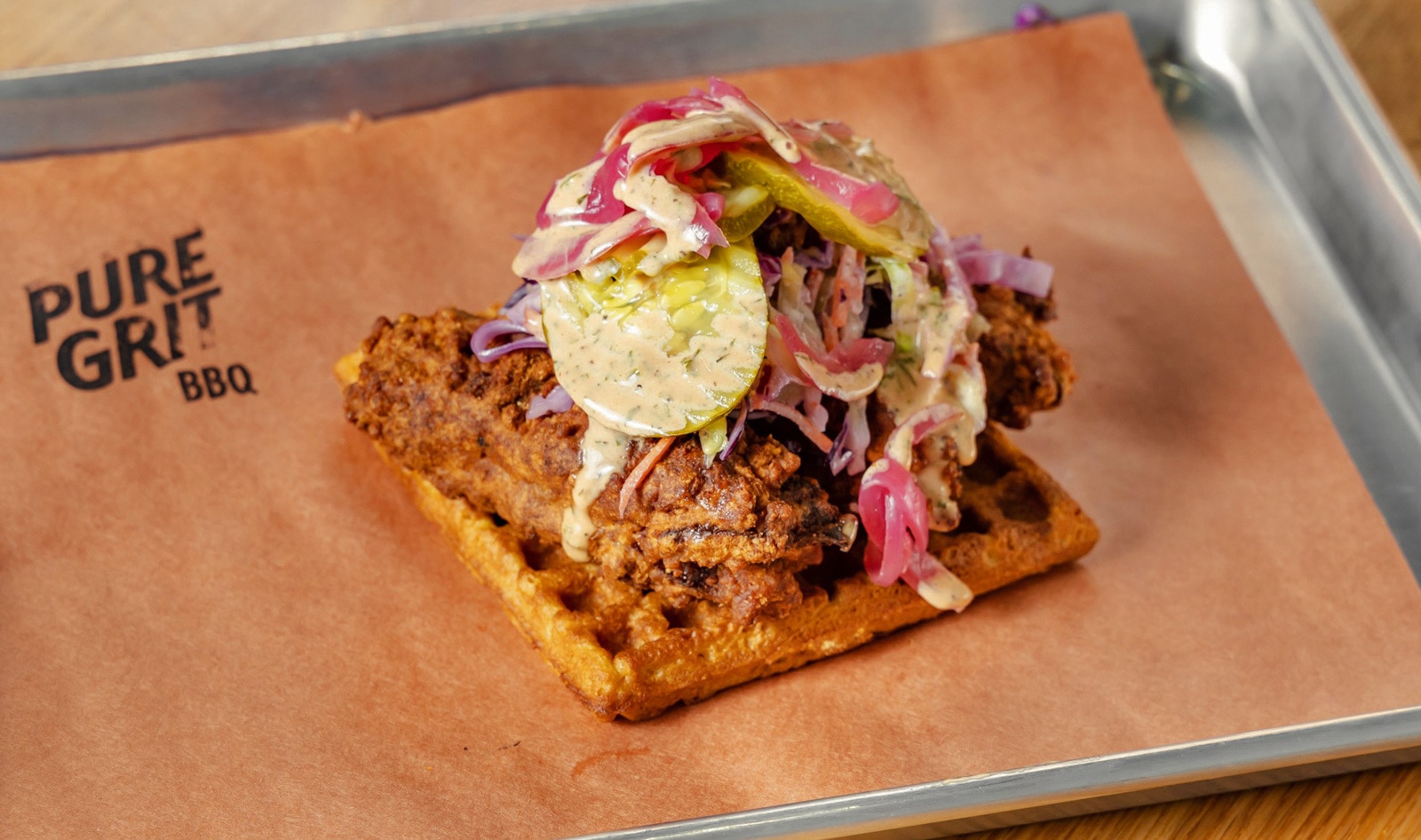
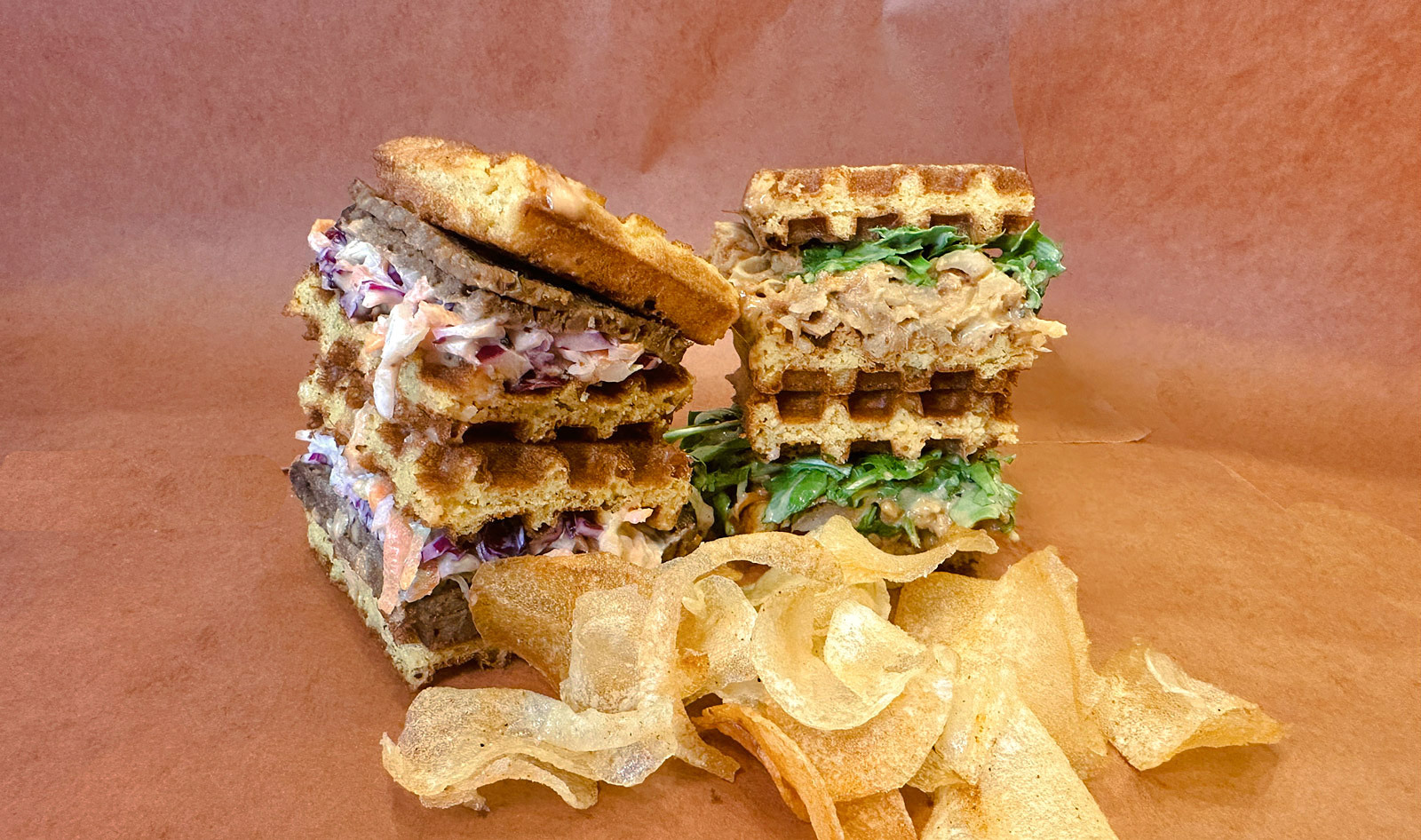 Pure Grit BBQ
Pure Grit BBQ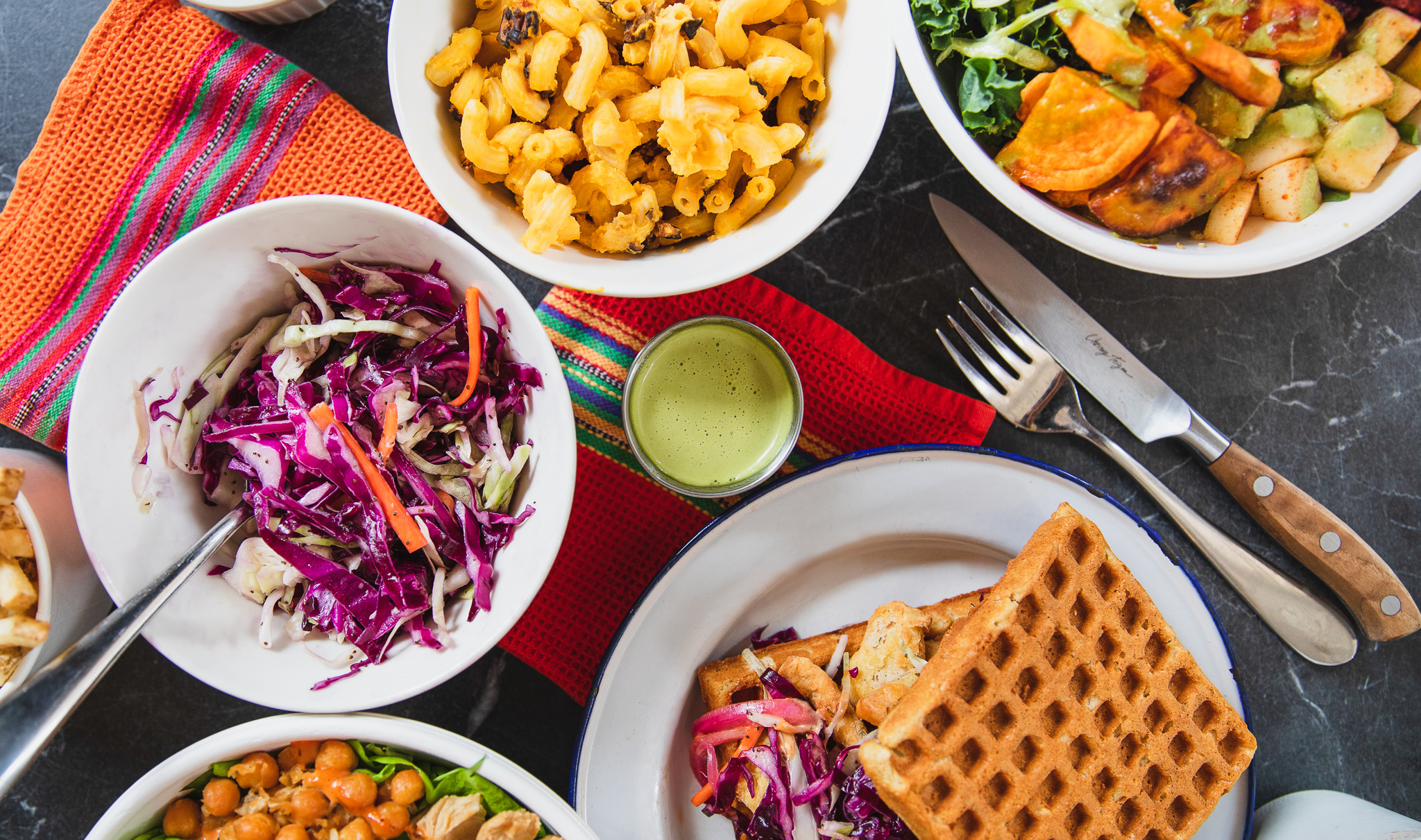 Pure Grit BBQ
Pure Grit BBQ Pure Grit BBQ
Pure Grit BBQ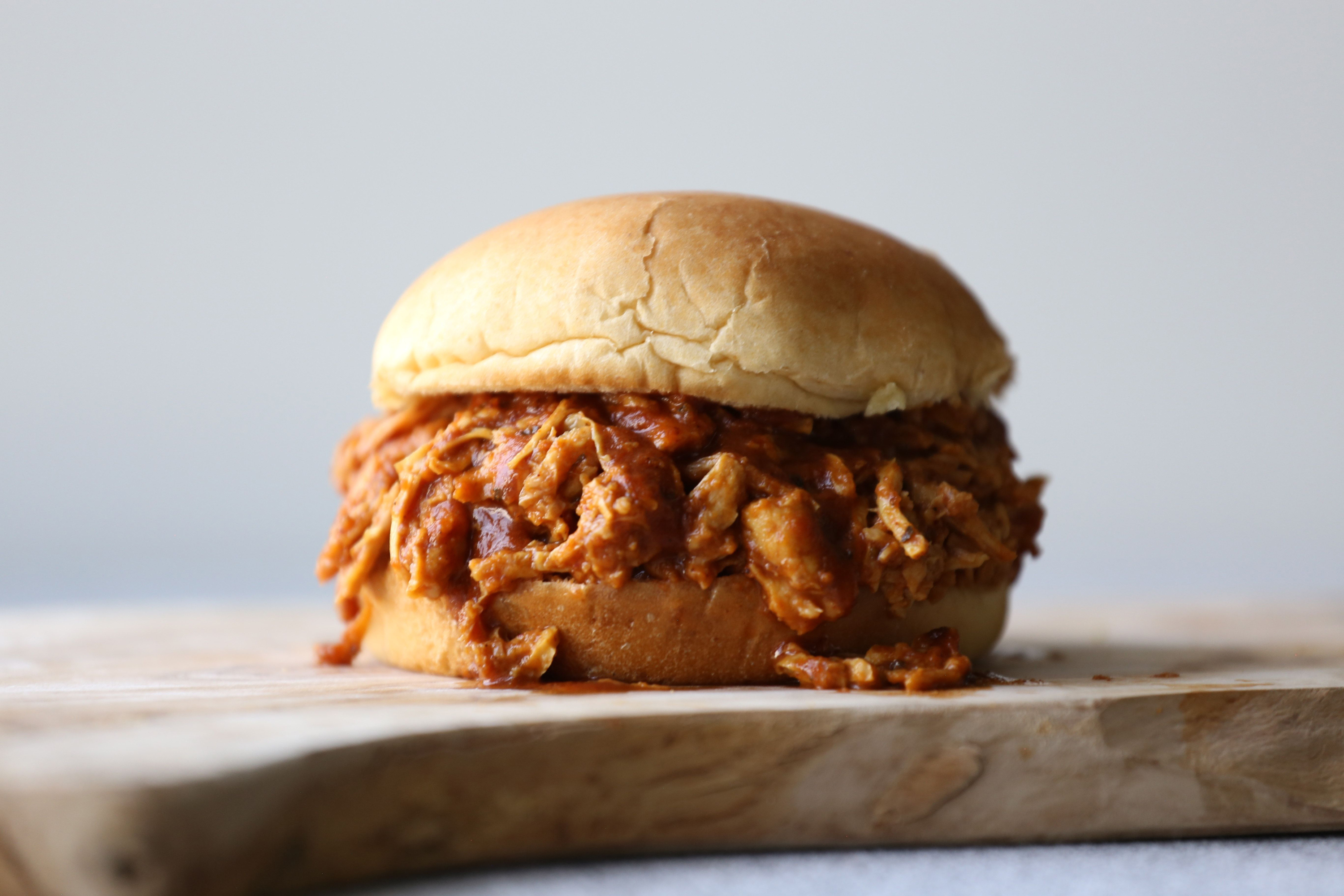 Barvecue
Barvecue
